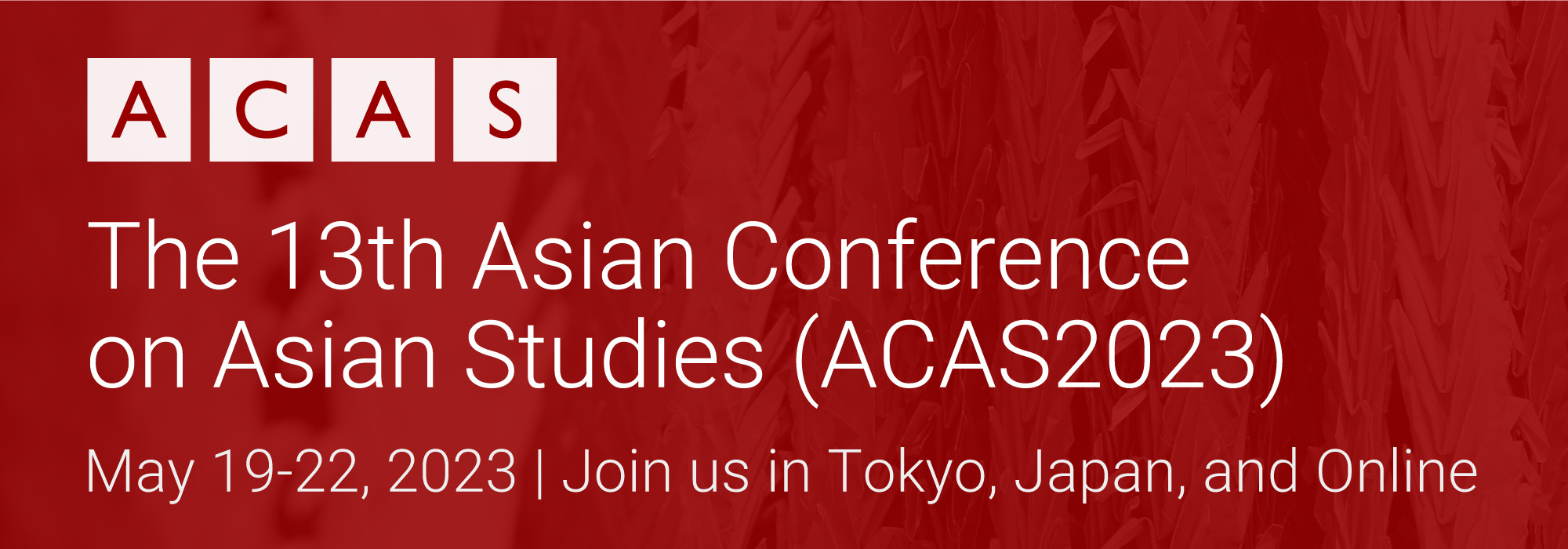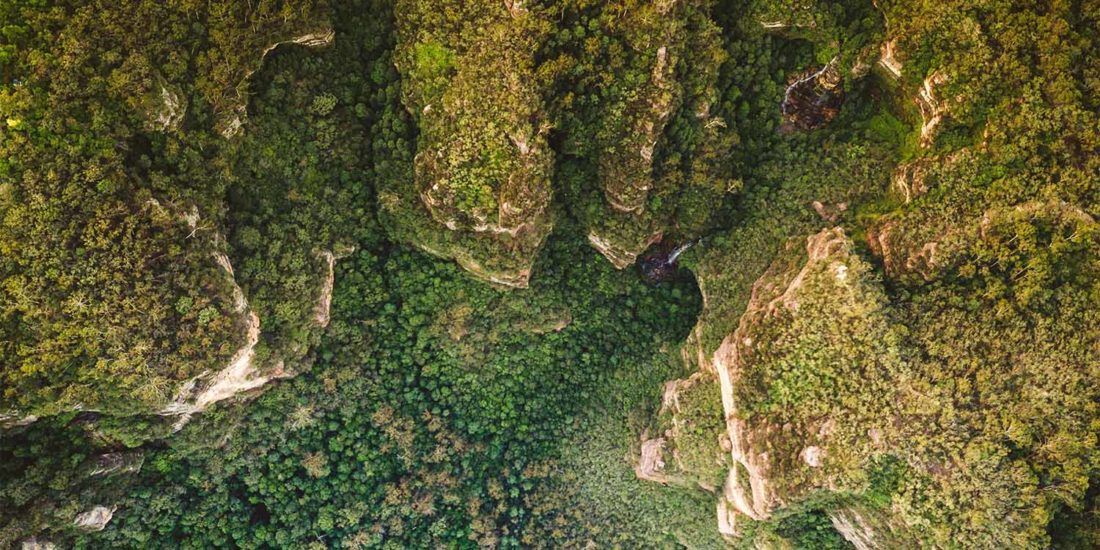“Indigenous Ways of Knowing, Precarity and Resilience” has been announced as the second panel to be presented at The 12th Asian Conference on Asian Studies (ACAS2022) and The 12th Asian Conference on Cultural Studies (ACCS2022).
Panellists that have been chosen to discuss this topic will be announced over the coming weeks, follow the conference websites and social media (Facebook / Twitter) pages for more information.
The ACAS/ACCS2022 Organising Committee is currently calling for papers to be presented at the event. Submit your abstracts by March 25, 2022 to participate.
To participate in ACAS/ACCS2022 as an audience member, please register for the conference via the conference website.
This plenary will also be available for IAFOR Members to view online. To find out more, please visit the IAFOR Membership page.
Abstract
Indigenous Ways of Knowing, Precarity and Resilience
Contemporary narratives of environmental and human rights protection, racial and other connected forms of social justice, are increasingly informed and guided by indigenous struggles, indigenous intellectuals and allied scholars and activists. “Those struggles are far from over, but the premises with which many of us operate are far different than they were. These usually begin as changes in consciousness and new narratives” (Rebecca Solnit 2022).
Global warming, COVID-19, widespread political unrest, entrenched economic inequality, the dispossession and displacement of peoples, the prospect of war and other crises are evidence that we live in precarious times. Indigenous peoples and their ways of knowing and belonging and deep resilience guide us all in the formation of new narratives towards a sustainable ecology of living in the world. To say that such perspectives challenge accepted ideas of co-existence and what is now taken for granted as the dominant western template applied across the world, would be an understatement. Indigenous knowledges foreground and bring an awareness of the relationship between land, kinship, and humanity (Irene Watson, 2005).
Indigenous ways of knowing not only provide us with answers that help us address the current crises but also ask us questions that we need to address now. These are questions of epistemic justice that relate to the politics of knowledge production, academic power-sharing, addressing misrepresentations and distortions of their history and place in the world. They challenge us to imagine what we should do to let indigenous people teach and guide us in the practice of knowing about indigenous ways of knowing.
From a range of indigenous and culturally diverse voices drawn from Africa, Australia, Oceania and South America, the speakers will discuss how they understand the importance of indigenous ways of knowing. They will explore how indigenous cultures are informed by their traditions and diverse lived experience, including going beyond the inadequacy of western colonial imperialism, to provide answers to the challenges around us.

